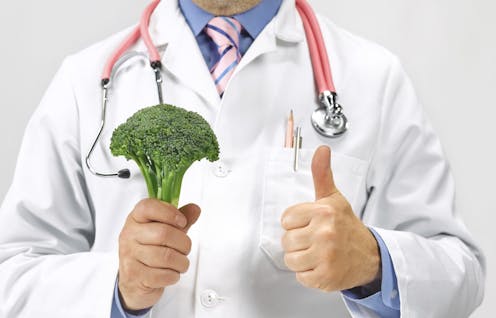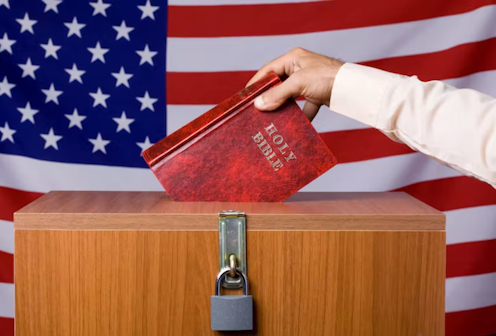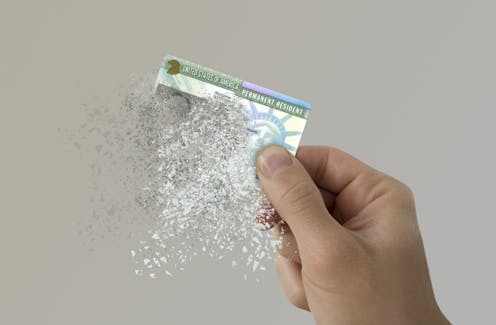Why do people still back Trump, after everything? 5 things to understand about MAGA supporters’ thinking
- Written by Alex Hinton, Distinguished Professor of Anthropology; Director, Center for the Study of Genocide and Human Rights, Rutgers University - Newark
 Supporters watch Donald Trump speak at a rally in Uniondale, N.Y., on Sept. 18, 2024.Spencer Platt/Getty Images
Supporters watch Donald Trump speak at a rally in Uniondale, N.Y., on Sept. 18, 2024.Spencer Platt/Getty Images For many people, especially those leaning left, Donald Trump’s disqualifications to be president seem obvious, prompting some to question: How could anyone still vote for Trump?
Some of the evidence Trump’s critics cite...










